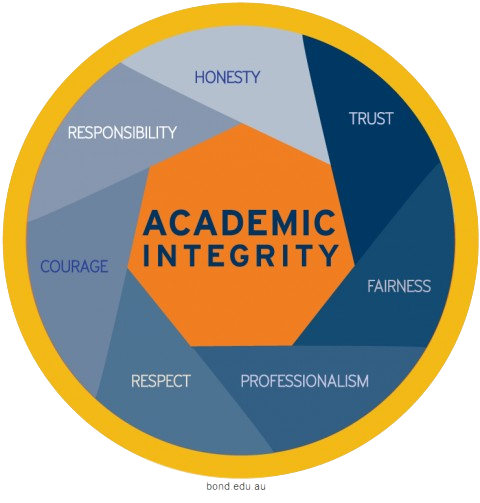Academic Integrity Policy
A student who is successful in the education system is one who can show that they understand the material. Often, students are asked to write programs that others have already written or implement algorithms that are easily found on the web. These assessments are to promote understanding of the material and to provide the students a learning opportunity. Students who submit code that they did not write are both missing a learning opportunity as well as committing plagiarism.
Acadia’s Academic Calendar defines plagiarism as “the act of presenting the ideas or words of another as one’s own”. With respect to computer programming, this means that if you are passing in code that you did not write, then you are committing an act of Academic Dishonesty. This includes copying code found on websites or having AI generate the code for you (using tools like GitHub Copilot, Google Codey/Colab, ChatGPT, etc). While each individual class at Acadia will approach the use of AI-generated content differently, the Jodrey School of Computer Science will treat AI-generated work as plagiarism unless the syllabus/assignment direction specifically allows for the use of such generated code.
